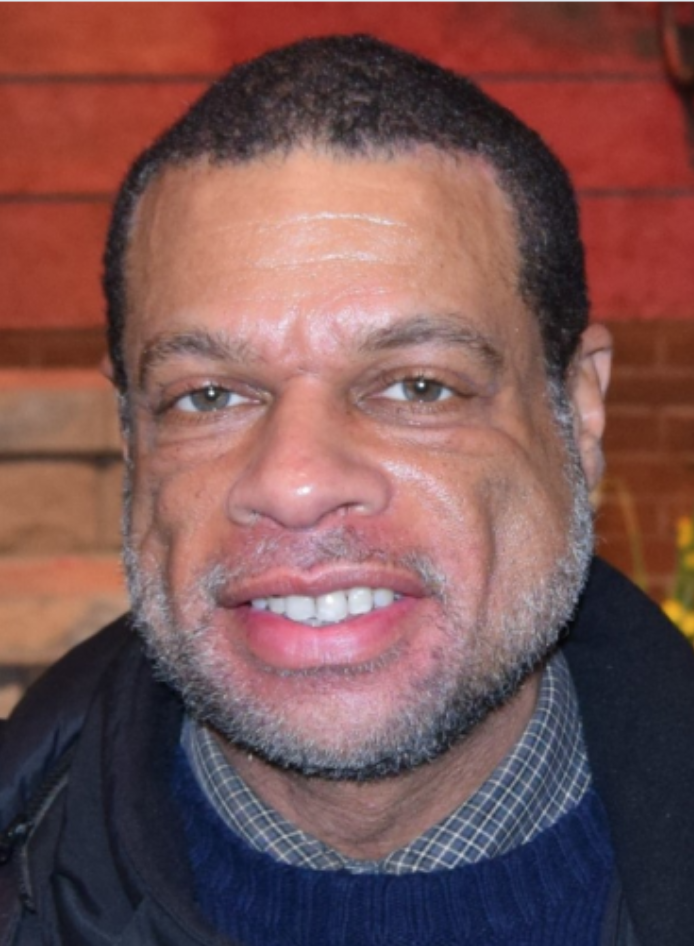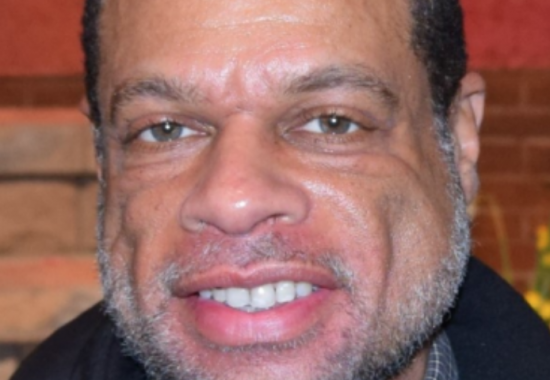
We recently caught up with Donald Thomas, who participated in research at MRRI. Donald sustained a traumatic brain injury (TBI) in 2001 as a passenger in a motor vehicle collision. Afterward, he found himself staying home more and getting less enjoyment out of life. When he learned about an opportunity to participate in a research project evaluating a treatment for anxiety and depression after TBI, he leaped at the chance. “I decided to volunteer for two reasons. First, I thought it would help bring me back into the world after feeling ‘boxed in’ after my injury. I also wanted to help others who are dealing with the same problems that I am.”
The treatment program evaluated in this study is based on Behavioral Activation (BA). BA is a treatment approach that encourages gradual, scheduled increases in rewarding activities. The theory behind BA suggests that depression and anxiety will diminish as individuals experience more enjoyment and accomplishment by increasing their participation in rewarding activities. Prior research has shown that BA is a particularly well-suited approach for activity restrictions due to medical conditions, such as TBI.
Amanda Rabinowitz, PhD, Director of the Brain Injury Neuropsychology Lab, is leading this ongoing randomized controlled trial. Participants are assigned to one of two 8-week variants of BA. One BA treatment includes a single face-to-face session with a therapist followed by weekly text-messages. In the other BA treatment, participants have weekly sessions with a therapist—6 in person and 2 by telephone. Both treatments incorporate mobile technology. Some participants download a smartphone app that they use to monitor their mood and activities, and all receive personalized text messages. Text messages either take the form of timely reminders of activities that have been scheduled, or “implementation intention” statements that are designed to help them recognize opportunities to participate in valued activities. At the midway point and again at the end of treatment, we measure participants’ depression, anxiety, and quality of life, their exposure to environmental reward, and community participation. We then follow-up with participants two months after they have completed treatment to learn whether or not they have continued using the skills and strategies they learned in treatment.
BA resonated with Donald. Before his injury, Donald worked for the School District of Philadelphia as a teacher’s assistant in Pre-Kindergarten classrooms, a position he held for twenty-one years. He was also a trustee for his church and managed their finances. After his TBI, Donald’s life changed in many ways. For example, he no longer works outside of the home. “For some reason, I felt like I was out of the world. There was a comfort zone that I was in, but I needed to broaden my horizons.”
At the start of the study, Donald didn’t know what to expect, “Sometimes people treat you like a child when you’ve had a brain injury, but the people at MRRI made me feel very comfortable. They asked for my feedback and wanted to know how I was feeling.” Donald learned that his experiences were actually very common after brain injury. He began making plans to try new things, such as a trip to New York City. “I was paranoid to go by myself, [but] my study therapist helped me organize my thinking. I took a train to New York by myself, and I never would have done that before.”
Donald was excited to share his accomplishments with the study team, “even if I didn’t get everything accomplished, I could tell them I tried. They showed a lot of encouragement.” Months after completing the study, Donald still draws strengths from what he learned participating in the program. “That was one of the goals, spreading my wings a little bit. Participating in this study showed me that I could do it.”
Today, Donald finds joy managing his household, growing vegetables and flowers in his garden, and cooking – macaroni and cheese is his specialty. Donald continues to work for his church as a volunteer, and he helps with a program that brings prepared meals to those in need in the community. He is grateful for the research that is being done at MRRI. “If you have a physical ailment, people can often see it right away. A mental disability, like TBI or stroke, may cause a lot of pain, but you don’t see it. However, it’s just as important as suffering with physical pain. The research at MRRI is important because they are addressing issues that people can’t see.”
Because of the dedication of research participants like Donald, scientists at MRRI are able to make great strides in understanding how people recover following traumatic brain injury and in developing new treatment approaches. We are currently halfway through this clinical trial, and we look forward to analyzing the data and reporting our results in 2022.


2 comment on “MRRI Participant Spotlight: Donald Thomas”